Reconsideration of the Supreme Court’s judgement in Nabam Rebia
Subhash Desai v Principal Secretary, Governor of Maharashtra
The Supreme Court will reconsider the five-judge bench decision in Nabam Rebia v Deputy Speaker to clarify if a Speaker can oversee disqualification proceedings against MLAs when a motion for his own removal is pending before the House.
Pending

D.Y. Chandrachud CJI
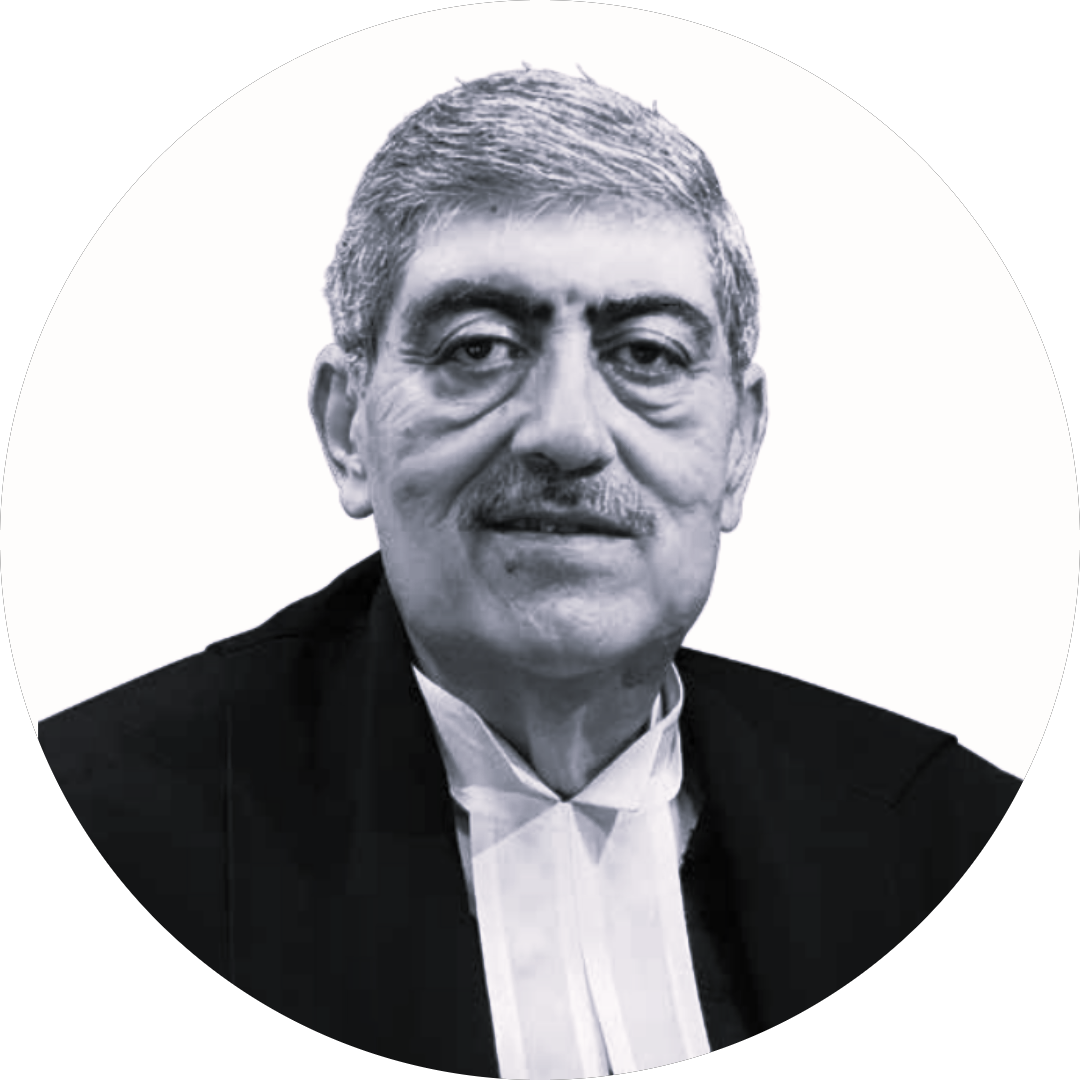
S.K. Kaul J
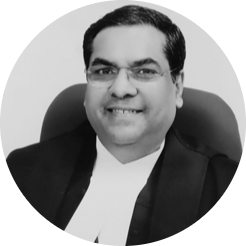
Sanjiv Khanna CJI
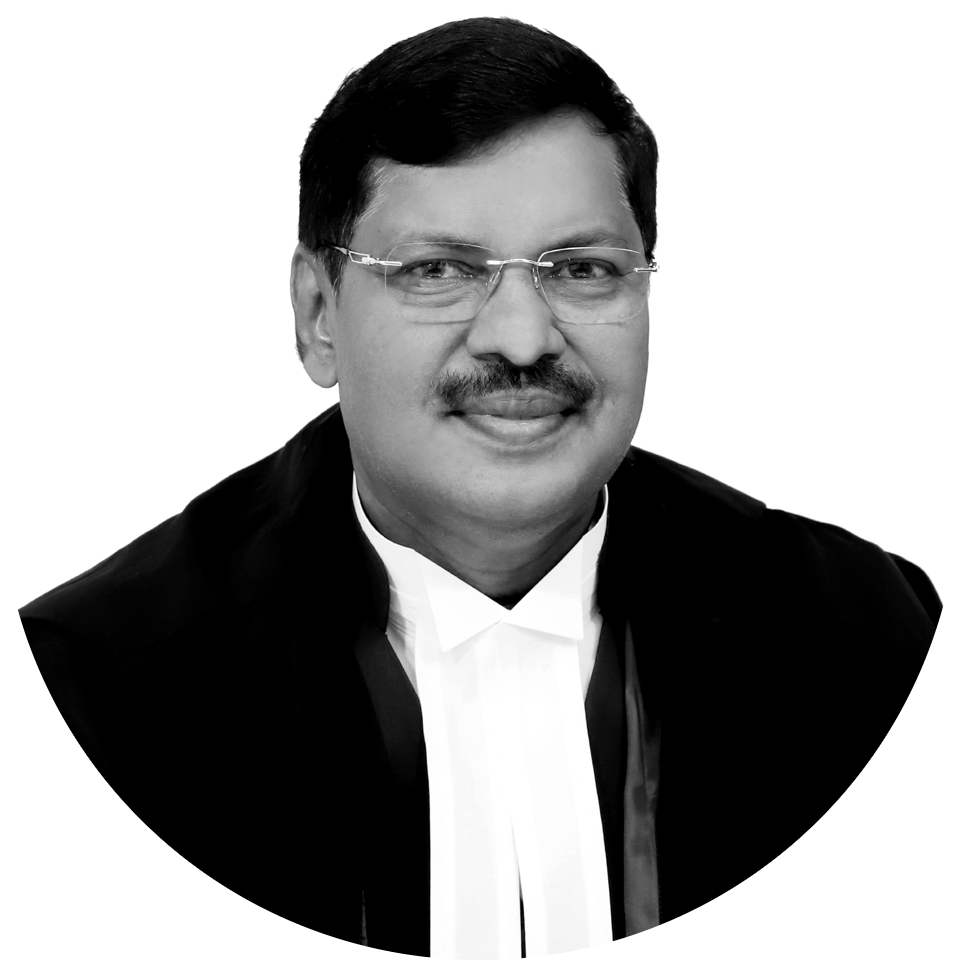
B.R. Gavai J
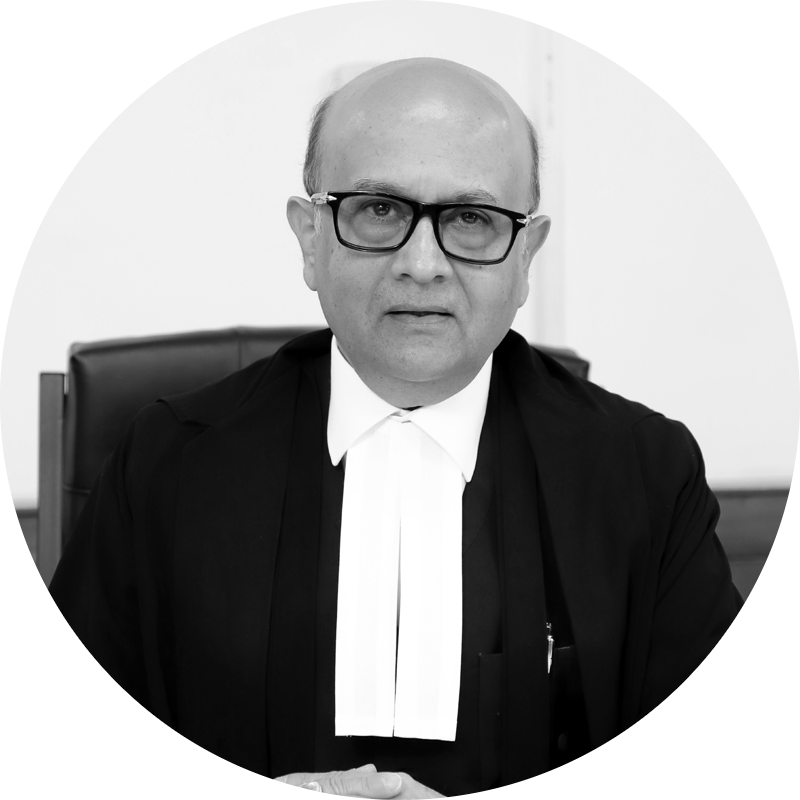
Manoj Misra J
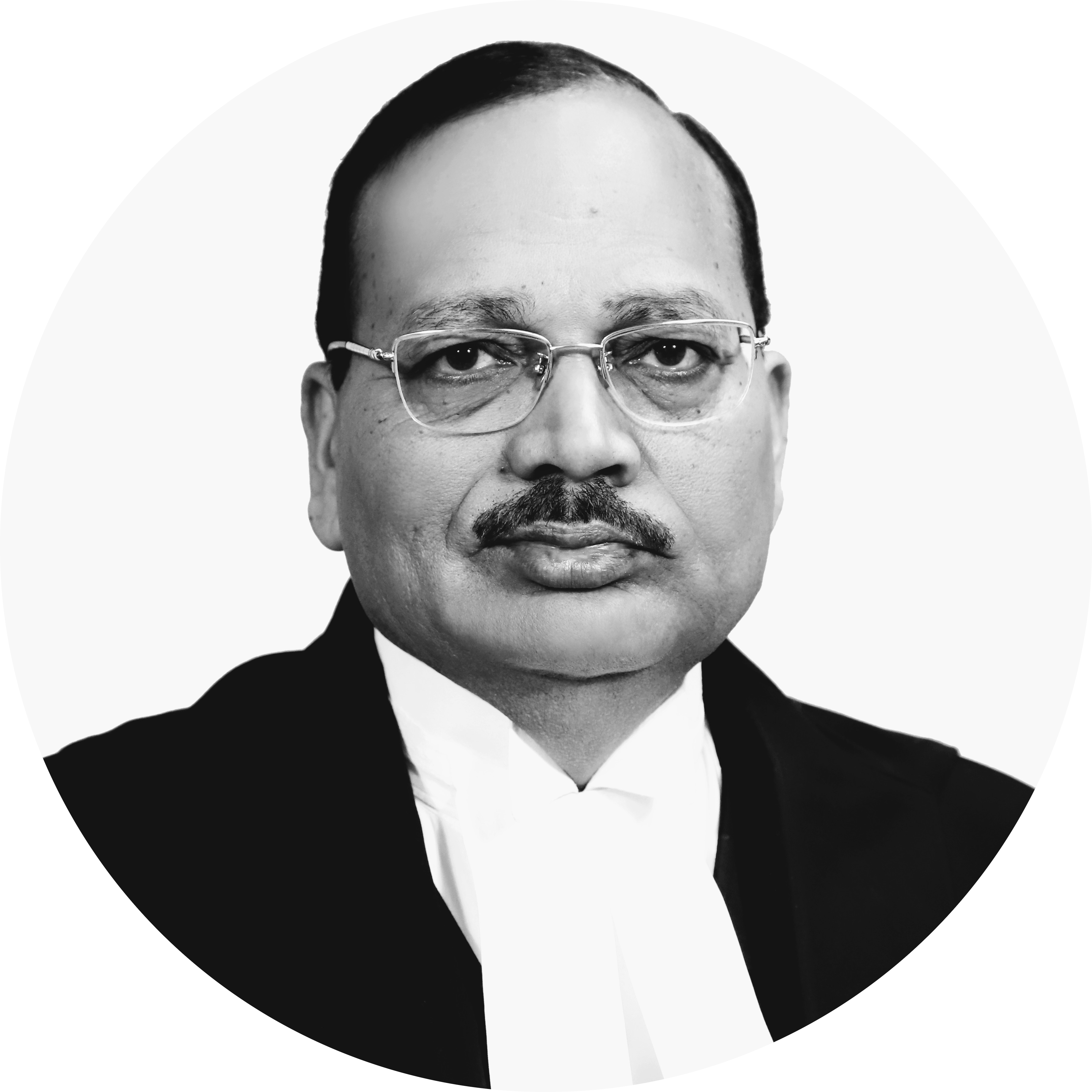
Surya Kant J

J.B. Pardiwala J
Parties
Petitioner: Subhash Desai
Lawyers: Mr. Kapil Sibal Senior Advocate, Dr. Abhishek Manu Singhvi Senior Advocate, Mr. Devadatt Kamat Senior Advocate, Anish R Shah, AOR
Respondents: Principal Secretary, Governor of Maharashtra; Secretary, Maharashtra Legislative Assembly; State of Maharashtra; Union of India through Home Secretary,; Deputy Speaker, Maharashtra Legislative Assembly; Election Commission of India through Secretary, Eknathrao Sambhaji Shinde; Devendra Fadnavis; Rahul Narvekar; Bharat Gogawale, and 41 others
Lawyers: Mr. Harish Salve Senior Advocate; Mr. Neeraj Kishan Kaul Senior Advocate; Tushar Mehta, Solicitor General; Mr. K.M.Nataraj, Pai Amit, AOR, Abhikalp Pratap Singh, AOR, Ankit Yadav, AOR, Aaditya Aniruddha Pande, AOR
Case Details
Case Number: Writ Petition (C) No. 493 of 2022
Next Hearing:
Last Updated: December 5, 2023
Key Issues
Can a Speaker adjudicate disqualification proceedings against MLAs when a motion for his own removal is pending?
Case Description
In Subhash Desai v Principal Secretary, Governor of Maharashtra (2023) the Supreme Court was deciding a slew of issues that resulted from a rift between the Thackeray and Shinde factions of the Shiv Sena Party in Maharashtra. On 21 June 2022, 34 MLAs belonging to the Shinde faction issued a notice to the Deputy Speaker, who was acting in place of the Speaker of the House, stating that he no longer enjoyed their support and calling upon him to move a motion for his removal. On 25 June 2022, the Deputy Speaker issued notices against Eknath Shinde and 15 Shinde-faction MLAs for allegedly defecting from the Shiv Sena party. On 27 June 2022, the Shinde faction moved the Court for a stay on their disqualification proceedings arguing that a Speaker who themselves were undergoing removal proceedings could not initiate disqualification proceedings.
The Shinde Faction relied on the 2016 decision in Nabam Rebia v Deputy Speaker (2016), where a five-judge Constitution Bench had held that the Speaker could not conduct disqualification proceedings while a motion for their removal was pending before the House.
The Nabam Rebia Decision
The political landscape of Arunachal Pradesh witnessed a crisis between November 2015 and March 2016. In November 2015, 21 MLAs of the ruling Congress party rebelled against the formed government. On 9 December 2015, the rebel MLAs sent a resolution to the Governor demanding the removal of Chief Minister Nabam Tuki and Speaker Nabam Rebia.
On 9 December 2015, the Governor, acting without the advice of the Chief Minister, advanced the Assembly session from January 14th 2016 to December 16th 2015 and listed the removal of the Speaker on the legislative agenda. Article 163 of the Constitution states that the Council of Ministers, consisting of the Chief Minister, shall aid and advise the governor in the exercise of his functions. The Deputy Speaker, Tenzing Norbu Thongdok was to preside over this session.
The Chief Minister and the Council of Ministers viewed the Governor’s Order to advance the Assembly session as interfering with the business of the Assembly. One day before the session could meet on 16 December 2015, the Speaker preemptively disqualified the rebel MLAs. Later that same day, the Deputy Speaker quashed the Speaker’s order for not giving the MLAs a fair hearing while the motion for their removal was pending. He then reinstated the rebel MLAs.
On 16 December 2015, the Deputy Speaker conducted the proceedings of the session outside the Assembly building in Techi Takar Community Hall, Naharlagun. The rebelling MLAs met and voted to remove the Speaker and the Chief Minister.
The Speaker challenged a series of actions before the Gauhati High Court. Specifically, he challenged the Governor’s Order calling for a session, the Deputy Speaker’s order quashing disqualification proceedings and the resolution for the removal of the Speaker. The High Court upheld the acts of the Assembly and the Governor.
The Speaker, Nabam Rebia, moved the Supreme Court against the High Court’s decision through a Special Leave Petition.
On 13 July 2016, a five-judge Constitution Bench comprising Justices Jagdish Singh Khehar, Dipak Misra, Madan B. Lokur, Pinaki Chandra Ghose and N.V. Ramana held that the Governor’s power was not absolute and that the Speaker could not disqualify members when a motion for his own removal is in question.
Reconsideration of the Nabam Rebia decision
In Subash Desai, Thackeray faction countered that the decision in Nabam Rebia was wrong. They contended that defecting MLAs would misuse the judgement to avoid disqualification proceedings against them, by tying the hands of the speaker simply by issuing a notice of intent to move a resolution for their removal. They urged the Court to form a seven-judge Constitution Bench to reconsider the decision.
On the contrary, the Shinde faction of the Shiv Sena lent their support to the Nabam Rebia judgement. They argued that there is no substantial question of law that needs clarification. They submitted that the Speaker despite being disqualified remains the member of the House and could be re-elected. However, no such remedy of being re-elected or continuing being a member of the House is available to a disqualified MLA.
On 11 May 2023, in its judgement, a Constitution Bench comprising Chief Justice D.Y. Chandrachud and Justices M.R. Shah, Krishna Murari, Hima Kohli and P.S. Narsimha referred the Nabam Rebia decision to be reconsidered by a seven-judge Constitution Bench of the Court. The judgement identified the substantial question of law as follows:
“Whether the issuance of a notice of intention to move a resolution for the removal of the Speaker restrains them from adjudicating disqualification petitions under the Tenth Schedule of the Constitution.”
On 12 October 2023, a Bench comprising CJI Chandrachud with Justices S. K. Kaul, Sanjiv Khanna, B. R. Gavai, Surya Kant, J. B. Pardiwala, and Manoj Misra, decided to hear the matter in the second week of March 2024.
